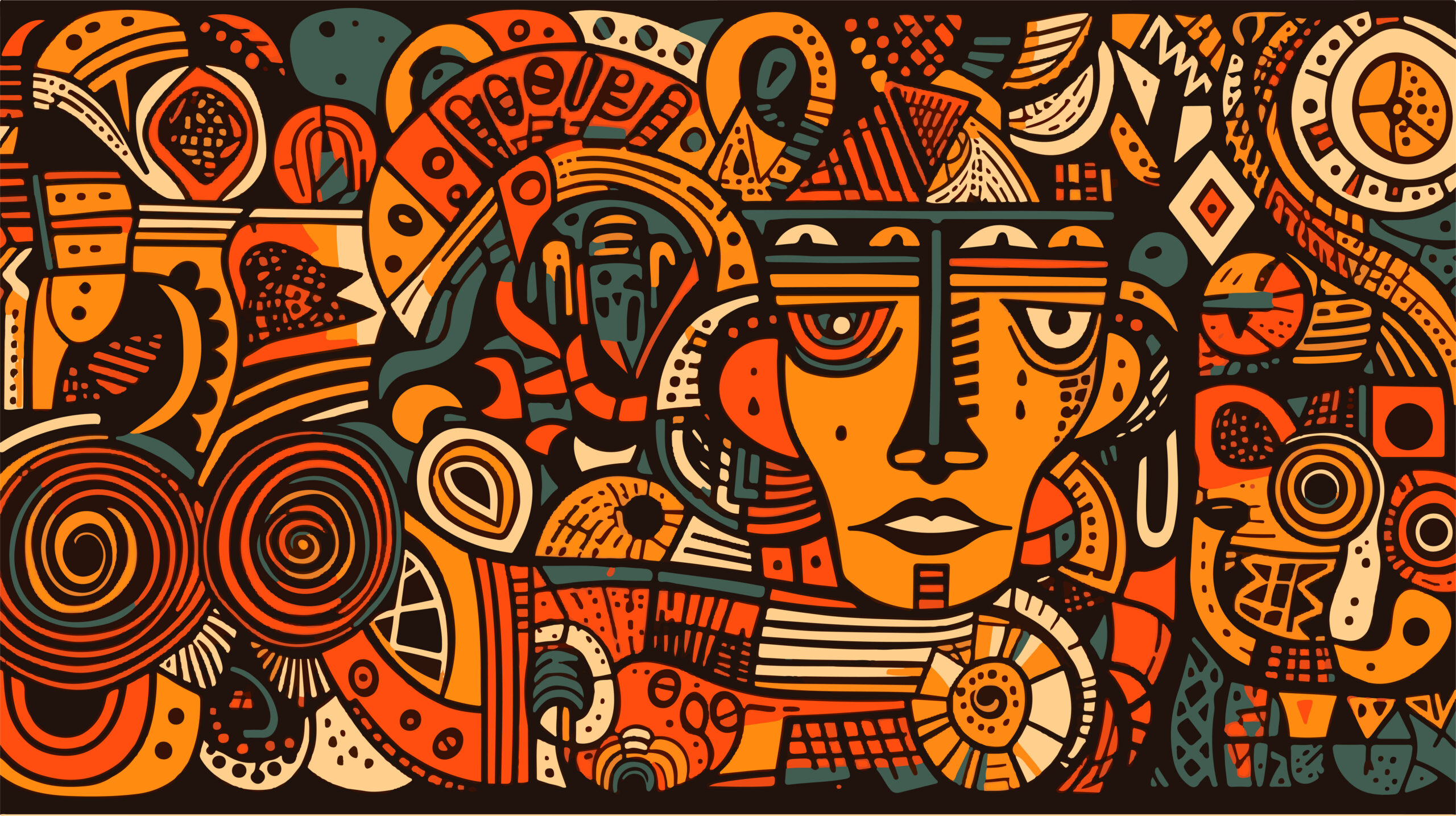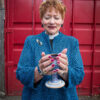12 Freedom Fighters from Massachussetts
Everyone knows about Frederick Douglass, Harriet Tubman and Sojourner Truth, African American heroes in the struggle for freedom. And much has been written about the poet Phillis Wheatley, kidnapped in Africa when she was only seven and sold in Boston. Educated by the Wheatley family, she published poetry in England and America.
But there were many others. This month, to celebrate Black History, here are snapshots of twelve other freedom fighters in Massachusetts you might want to learn more about.
Caesar Sarter was a former slave in Newburyport. One year before the Revolutionary War, he wrote “A Letter to Slave Owners,” published in the Essex Journal and Merrimack Packet, maintaining that human freedom cannot be bought or sold.
Peter Salem was born into slavery in Framingham. In 1775 he was freed by his owner so he could join the militia. He fought at the Battle of Lexington and Bunker Hill, and later with the Continental Army.
Belinda Sutton was enslaved by Isaac Royall in Medford for 50 years. Freed after Royall, a Loyalist, fled to England, in 1783 she petitioned the Massachusetts courts for a pension from his estate. In it she recounted her kidnapping at age 12 in West Africa and the cruelties of slavery.
Prince Hall was born in Barbados to an English father and an African mother. Arriving in Boston in 1765, he settled in Medford. In the following years, he became a major figure in the struggle for freedom in Boston, assisting many slaves and fugitives. In 1777, Hall petitioned the Massachusetts legislature to emancipate the state’s enslaved people. He founded the first African American Masonic Lodge in America. A portrait of Prince Hall hangs in Medford Town Hall.
Elizabeth ‘Mumbet’ Freeman of Sheffield was the first enslaved person to successfully sue for her freedom, along with another slave Quock Walker. The 1783 Supreme Judicial Court decision was based on the newly adopted Massachusetts Constitution, authored by John Adams.
David Walker, born in North Carolina to a free mother and slave father, settled in Boston and opened a clothing store. In 1829 he published a pamphlet that sent tremors through the slave-holding South—“An Appeal to the Colored Citizens of the World.” In it he denounced slavery and encouraged slaves to fight for their freedom.
Shadrach Minkins was enslaved in Norfolk, Virginia before he fled to Boston, where he found work as a waiter. In 1851 he was arrested and brought to court under the federal Fugitive Slave Act. Before he could be tried, however, a band of Black abolitionists grabbed him and carried him into the street. From there, he was hustled to safe houses in Cambridge and Concord, before boarding a train to Montreal.
William and Ellen Craft were married slaves from Georgia, who after a daring escape by train and ship, settled in Boston. In 1850 William, a cabinet maker, and Ellen, a seamstress, had to flee Boston for England, after hearing that agents were seeking their recapture. In England they raised five children, returning after the war to Georgia to open a school for the children of former slaves.
Anthony Burns escaped slavery in Virginia and found refuge in Boston. In 1854 he, like Shadrach Minkins, was arrested and tried under the 1850 Fugitive Slave Act. Despite widespread protest and efforts by both Black and white abolitionists to free him, he was returned to Virginia, where he spent four months in prison. In 1855 members of the Twelfth Street Baptist Church purchased his freedom, after which Burns attended Oberlin College in Ohio.
Lewis and Harriet Hayden were pillars of the abolitionist community in Boston, rescuing, settling, and transporting fugitives to safety. Enslaved in Kentucky, Lewis saw his first wife and son sold to the Deep South. He remarried, and with the help of sympathetic whites, they escaped to Canada, then in 1845 settled in Boston. The Haydens made their home a place of refuge and abolitionist organizing. During the Civil War, Lewis helped recruit soldiers for the 54th Massachusetts Regiment. After the war he led a successful campaign to integrate Boston schools and advocated for the rights of women. You can visit the Hayden home, a site on the Black Heritage Trail, on Beacon Hill.
Lemuel Haynes was born in 1753 to an African father and a white mother. Indentured until he turned 21, he then joined a Minuteman militia and fought in the Battle of Lexington. His love of reading and study of theology led to his licensure to preach in 1780, after which he served congregations in Massachusetts, Connecticut, and Vermont. He was the first African-American ordained as a minister in the Congregational Church.





